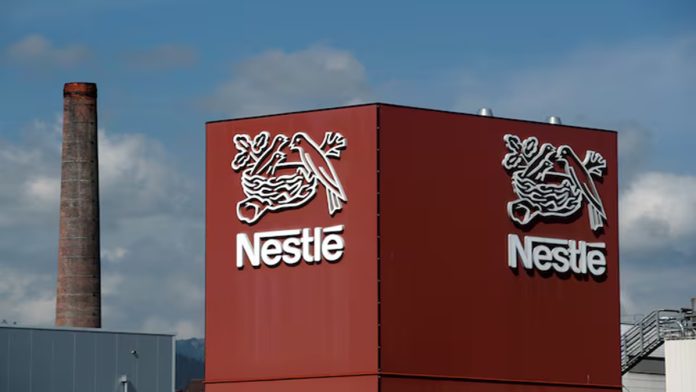Nestle India’s growth may continue to be under pressure if the raw material prices remain elevated and urban demand is muted, analysts said.
However, in the long run, its “RUrban” strategy may prove beneficial. Under it, Nestle India, which counts urban India as its majority consumer, aims to increase the company’s reach in rural and semi-urban areas.
Against expectations of 5-6% growth, the company’s revenue grew 1.3% during the July-September quarter. Its key brands faced pressure from weak demand and high raw material costs. This is the company’s slowest quarterly growth in the last eight years.
Also Read Tata Consumer Q2 net up 8 per cent; beats estimates FMCG Sector Outlook: Adapting to Structural Growth Challenges in 2024 Revenue loss fears may impede GST slabs rejig plan Internet of Things in the age of AI
Its standalone profit jumped 8.6% to Rs 986.3 crore, compared to Rs 908 crore in the year-ago period.
The company’s gross margins stood at 56.4%, improving by 12 basis points year-on-year. Its Ebitda margins, however, fell by 144 bps YoY to 23%, primarily due to higher ad spends.
In the past few quarters, many consumer brands, including Nestle India, have raised the prices of their coffee and chocolates to tackle rising raw material costs. It was due to low supplies from major producers like Brazil and Vietnam owing to unfavourable weather conditions.
Also ReadMphasis seeing surge in $1-$10 million deals: CEO Nitin Rakesh
Analysts suggest this has played a role in its weak performance.
“Inflation pressure (in all major commodities – Milk, Cocoa, Coffee, and Palm oil) led to steady price hikes in the portfolio, which has started affecting sales growth,” Emkay Research said.
“We see any further inflation to be detrimental to its growth, given more than 20% cumulative price hikes in the last couple of years,” it added.
Milk prices have remained stable, but cocoa and coffee prices remain elevated. HDFC Securities considers this a key near-term risk for the company.
“Aggressive stance of competitors in the high-margin infant milk category” is another key risk for the company. Nestle has a large portfolio in this category, but several companies like Amul have been expanding there.
However,
» Read More


